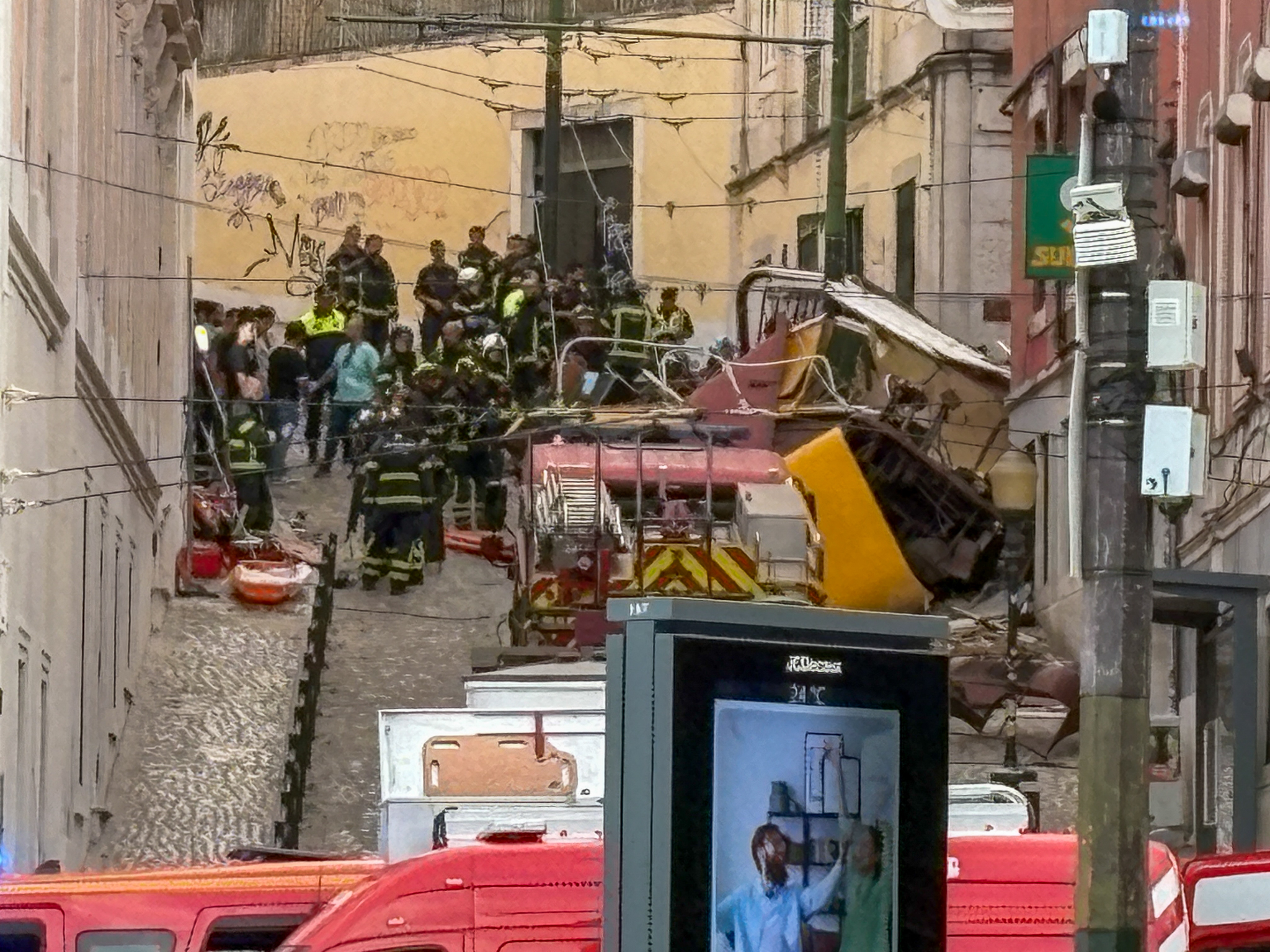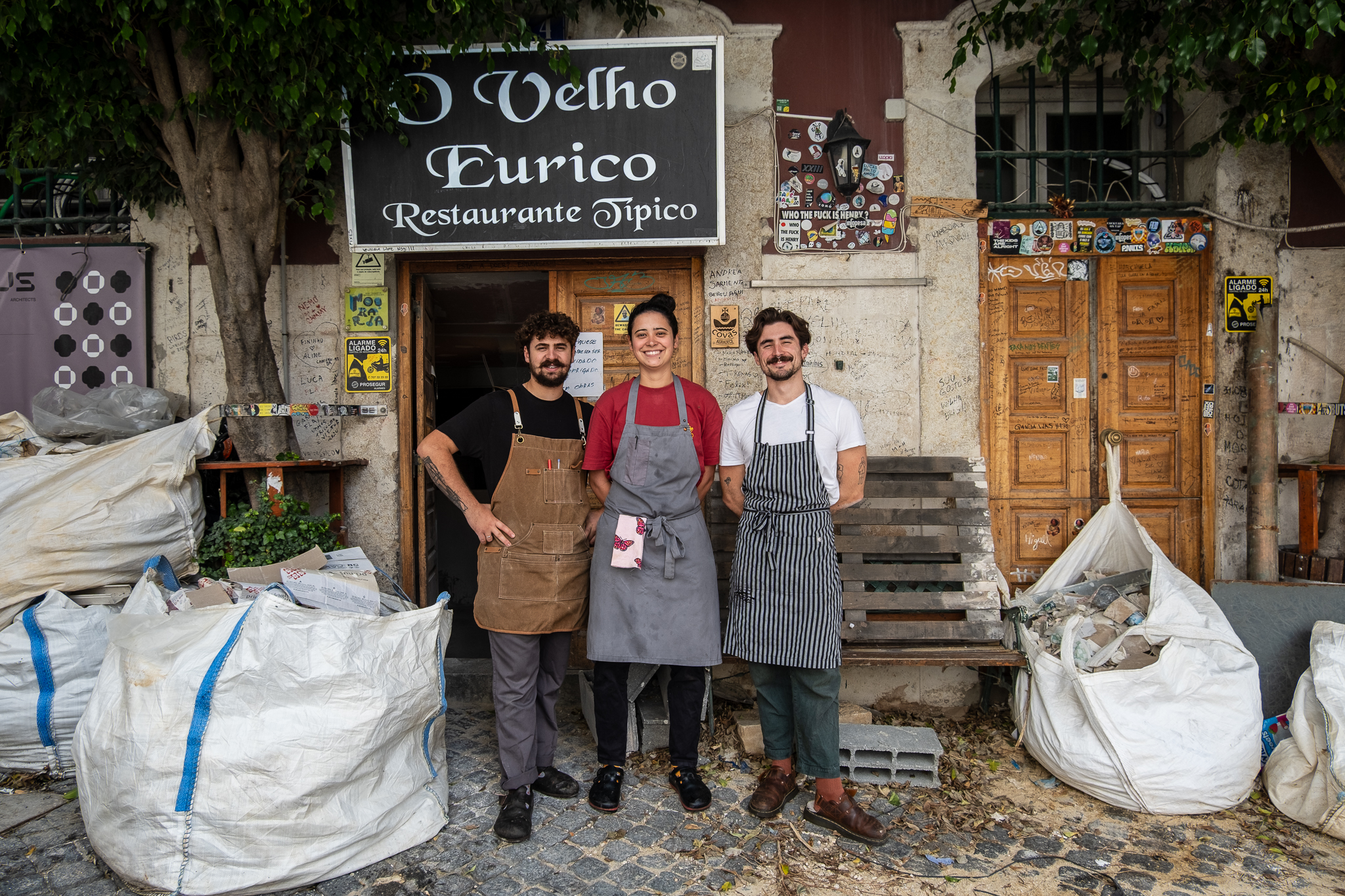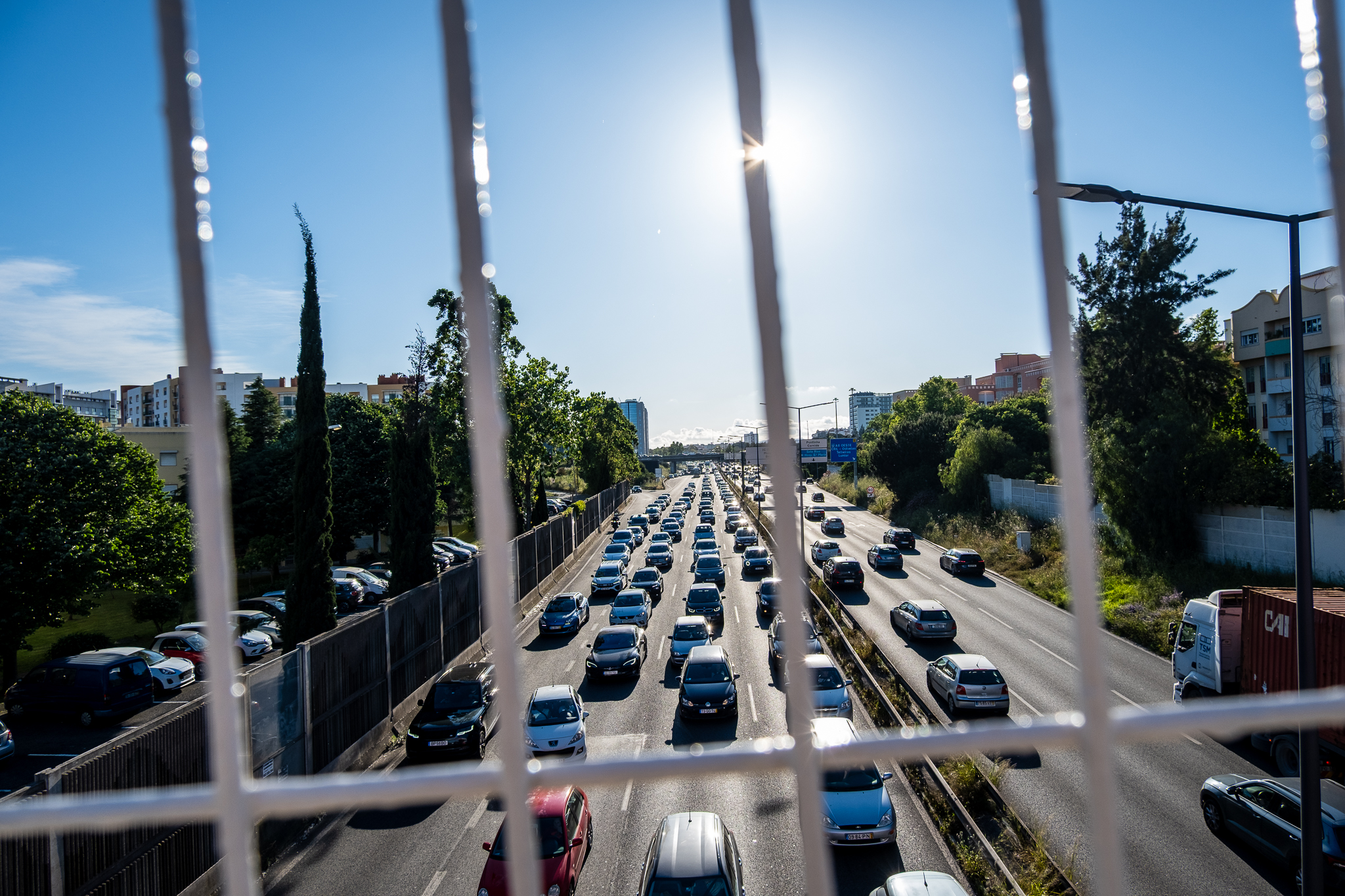The association met with Lisbon City Council and published details of what is being worked on by Carlos Moedas' new executive. MUBi regrets that the measures considered "essential for progress to be made with regard to sustainable mobility" are being "almost all consigned to 'studies', 'audits' and, finally, to the...
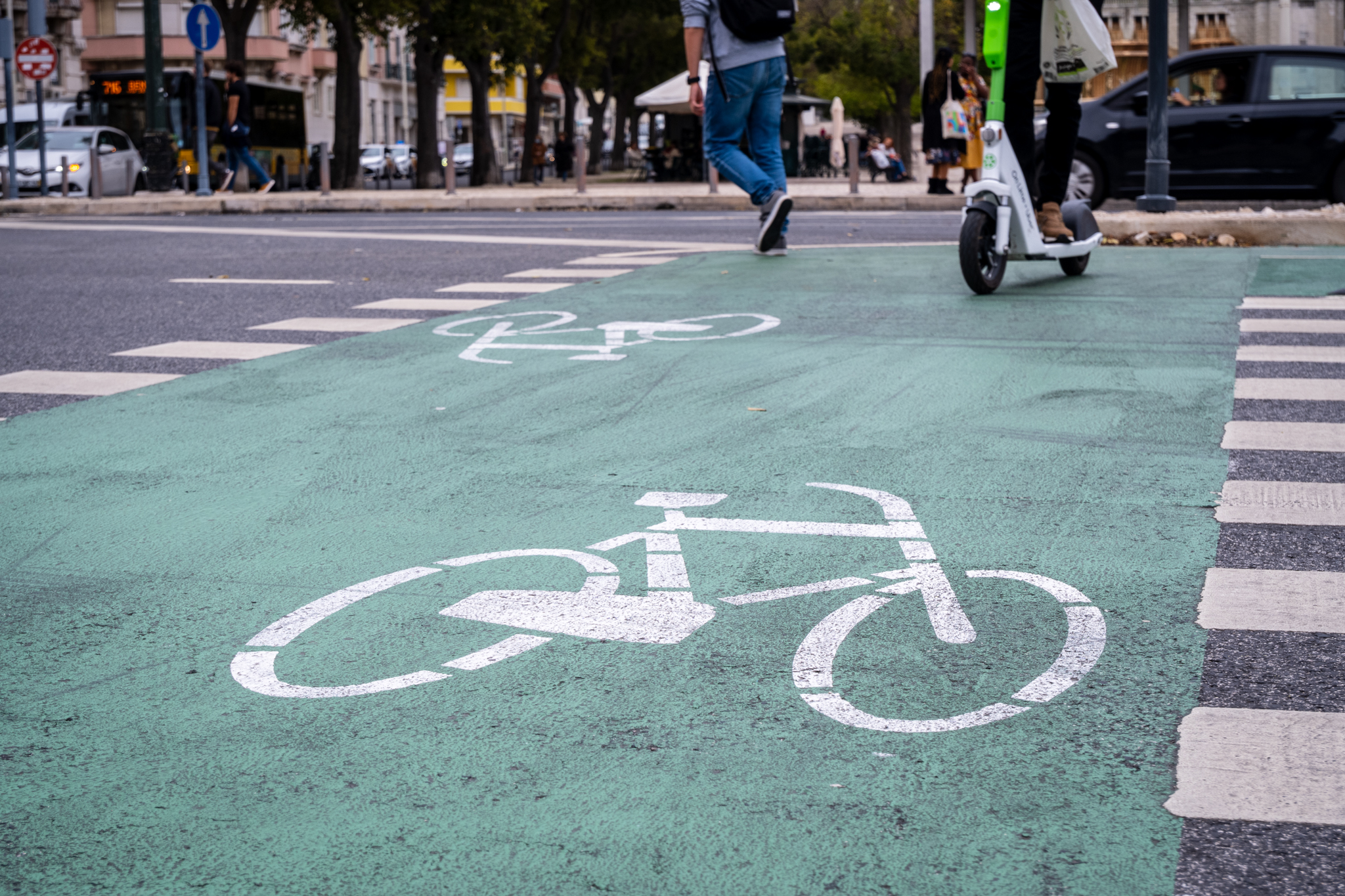
Developing a Sustainable Urban Mobility Plan (PMUS) for the city, review and conclude the Municipal Road Safety Plan, create a Commission for Mobility and Transport, make a audit of the current cycling network, e study the bike lane projects inherited from the previous executive. These were the lines of action that the current Councillor for Mobility, Ângelo Pereira, communicated to the MUBi association, which represents those who use bicycles as a means of transportation.
The meeting between MUBi and the Lisbon City Council took place at the beginning of October, but has only now been made public, after the former decided - in an unprecedented way - to advertise on your site some details about the meeting. "On October 7th, we met with the Councillor for Mobility, Ângelo Pereira, to learn more about the plans that this Executive has with regard to mobility in the city of Lisbon", it reads. "We looked for points of convergence between our recommendations and the measures that this Executive has underway or will implement during this mandate." The MUBi representatives brought their manifesto to the meeting Lisbon: For a Living and Accessible Citywhich was presented in May and includes 34 measures for the city.
Lisbon will finally have a Sustainable Urban Mobility Plan
MUBi praised the "openness and willingness to discuss mobility in Lisbon"but left the meeting worried about a "lack of urgent short-term measures"; the association of users of bicycles as a means of transport regrets that the measures it considers "essential for progress on sustainable mobility" are "almost all referred to 'studies', 'audits' and, finally, to the Sustainable Urban Mobility Plan (SUMP)". For MUBi, the realization of the SUMP is a good step and something that the association had been defending for several years, but "the truth is that, at best, it will only be implemented from 2024".
According to what Councillor Ângelo Pereira told MUBi, the public tender for the creation of this SUMP should be concluded by the end of 2022 so that the plan can be drawn up next year. This document should provide for different sectors of mobility, such as public transport, walking and cycling; on the pedestrian component, the focus should be on the hierarchization of a pedestrian network in the city; and on cycling, "a specific plan will be created, based on transparency, public participation and predictability"MUBi explains from the meeting.
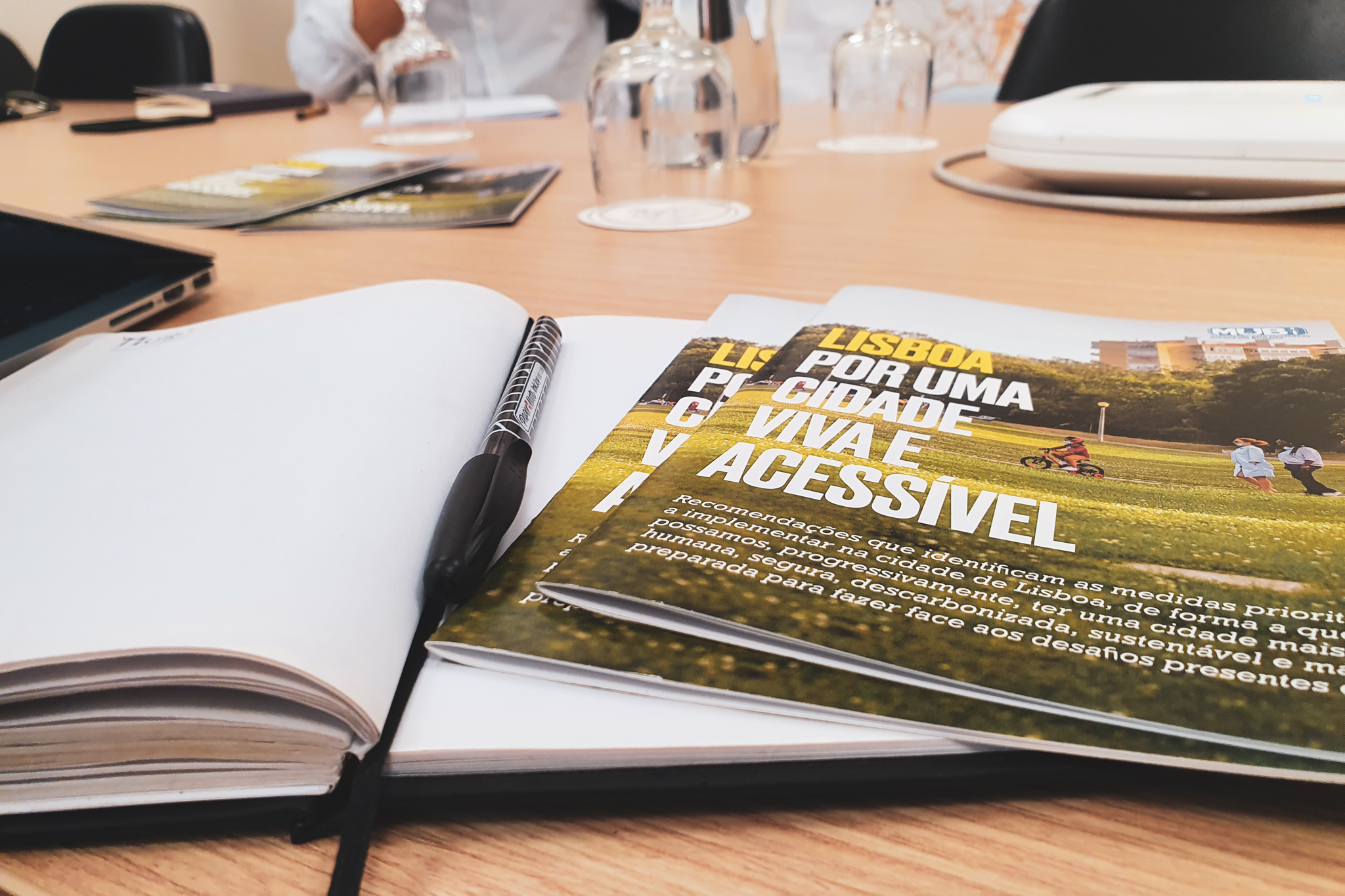
Unlike many other cities - including several in Portugal - Lisbon does not yet have a Sustainable Urban Mobility Plan; the capital has only one strategic vision document, the MOVE 2030, whose "concrete targets (...) in terms of the environment and sustainable mobility" the current executive maintains, writes MUBi. The SUMP is, in turn, a plan that expands and concretizes this vision, seeking to satisfy the mobility needs of people and companies in Lisbon and its surroundings, and defining urban policies aimed at decarbonizing and humanizing cities. In the specific case of Lisbon, the SUMP should update the so-called Lisbon Mobility Plan, which dates back to 2004 and is out of date according to today's paradigms.
MUBi also describes the current executive's desire to update the "version prepared by the previous executive" from Municipal Road Safety Planbased on "opinions of the various departments of the City Council, and a version will be made in alignment with this executive. There is no deadline yet". On the other hand, Councillor Ângelo Pereira "already approved" the creation of a Commission for Mobility and Transport, which "should happen by the end of 2022"the construction of a commission of this type was also a desire of MUBi, which, under the previous executive, had only managed informal and periodic meetings with the then Councillor Miguel Gaspar, behind closed doors.
Audit to go ahead next year
There are no immediate plans to build new cycle paths. Expanding the cycling network "will focus above all on safety and quality, not on the number of kilometers built"But it will only happen after an audit of the existing cycle paths; the public tender for this audit should have been launched by the end of October. After this tender, which will be used to find the company that will carry out the audit, the process and proposals for improvements will be launched. "should happen within four or five months"In other words, by the middle of 2023. "It is the [mobility] council's aim to train CML's resources in the construction and/or maintenance of the cycle path network and to involve users in the process of improving and making this network usable."details MUBi. "Smaller maintenance jobs on existing cycle paths will not be dependent on this audit."
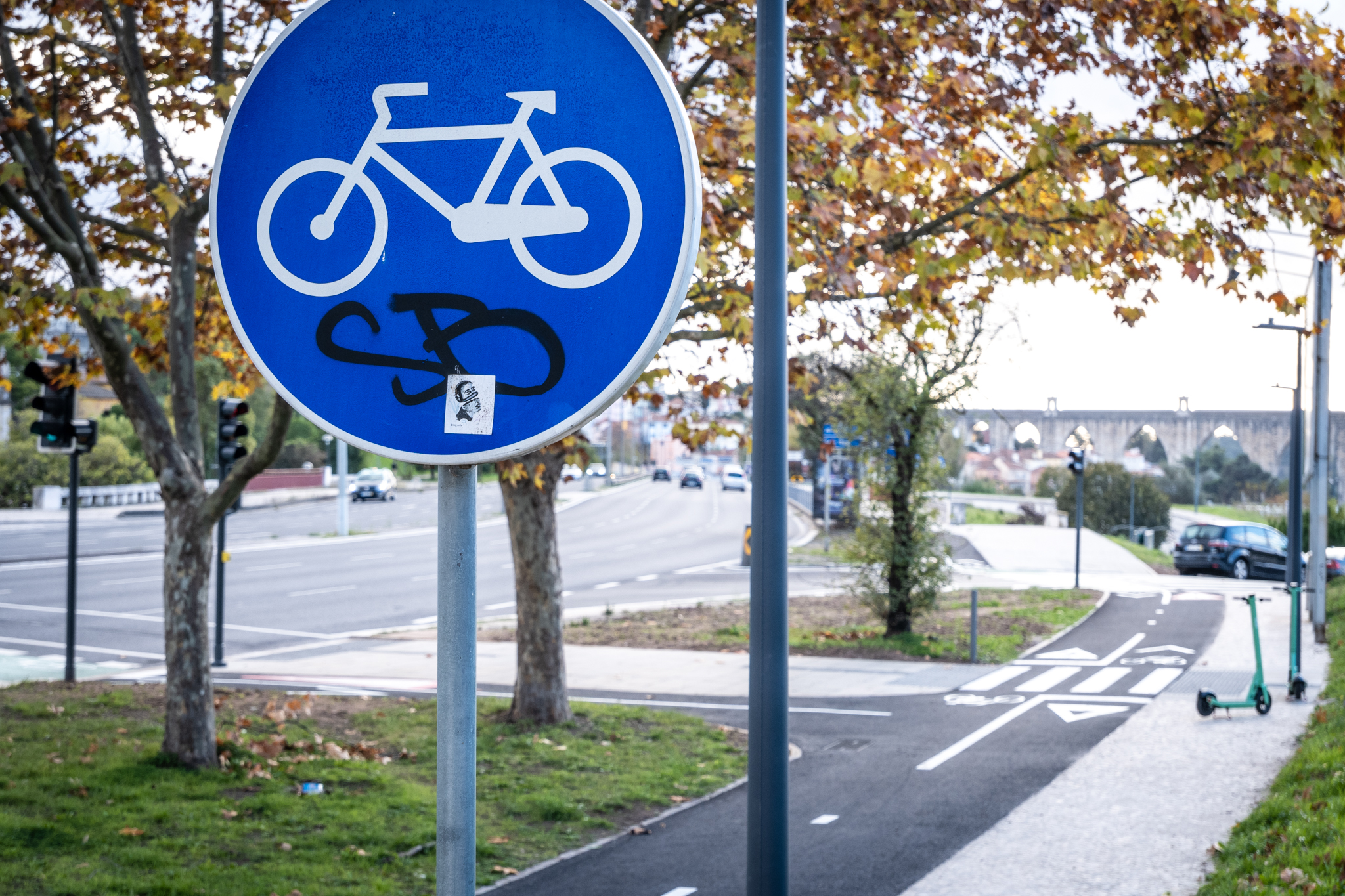
"As for projects already planned or under evaluation inherited from the previous executive"MUBi reports that "an analysis has been carried out so that they pass through a quality and safety filter"but "no deadlines have yet been set for the presentation of conclusions". It's worth remembering that, when the city council took over, a bicycle lane on Avenida Egas Moniz - which was awarded - was pending, as was another one in Lumiar, next to the Telheiras Shopping Center, for which the public tender was never concluded.
"MUBi is, as it has always shown itself to be, available to collaborate in the creation of ever better and safer conditions for the use of bicycles, listening to the different users of bicycles, their fears and insecurities, as well as their suggestions for having more lively and accessible cities for everyone."writes the association on its website. "We therefore hope that the CML's plans for mobility don't remain mere intentions of excellence pushed forward, but that bold measures are taken to effectively reduce the number of cars in the city, in line with the best practices of other major European cities."
This was not MUBi's first meeting with Carlos Moedas' executive and the Portuguese Federation of Cycle Tourism and Bicycle Users (FPCUB) has also met with the new teams at the helm of the Lisbon City Council and the city, which have been shown to be available for dialogue with entities representing the cycling mobility sector.

